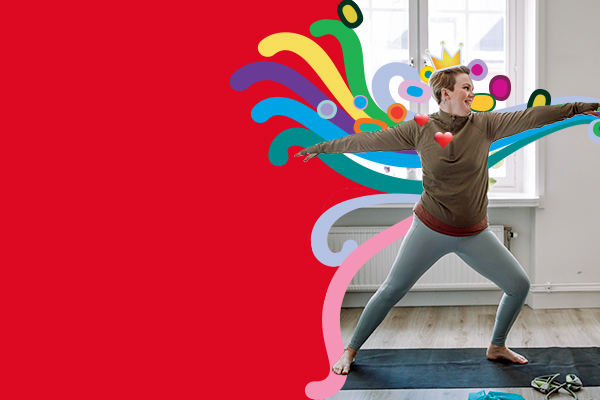-
Myopia, also known as short-sightedness, is a common condition that causes distance vision to become blurry.
This is the result of an optical error of the eye, where the length of the eye grows past the point where the optical components of the eye (cornea and crystalline lens) are bringing light rays to a focus. This optical error can be readily corrected by glasses, contact lenses or (for adults) refractive surgery.
In the past myopia was regarded as a genetic disorder. While you are more likely to have myopia if you have parents who are myopic, rapid rises in the prevalence of myopia across the world indicate that environment plays a role. In some countries the prevalence of myopia among young adults is now over 80%.
Myopia has also been thought of as a benign condition, easily fixed by optical correction. However, high myopia (>5 dioptres) is known to cause visual impairment through retinal detachment and myopic macular degeneration. In the past, high myopia has affected only a small proportion of the population, but as the prevalence of myopia has risen, the rate of high myopia has also risen, up to 20% of some populations.
"There is a common myth that wearing glasses weakens your eyes. This is not the case."
Tips for managing myopia
There is a common myth that wearing glasses weakens your eyes. This is not the case. It is true that children are likely to become more myopic with age. This is because as children grow, their eyes continue to grow also. So, whether a child wears glasses or not, they will continue to become more myopic.
There is even some evidence that if glasses under-correct myopia, this may cause a child’s eye to grow a little faster. If a child needs glasses to correct their vision, they need the full correction. Leaving a child without glasses, or under-correcting glasses, is to allow them to struggle with schooling due to poor vision.
There is good evidence that the onset of myopia may be prevented or delayed by a child spending more time outside. This is not related to physical activity. Studies show that the protection is provided by the higher light levels we are exposed to outdoors. Light outdoors can be 100 times brighter than indoors. So while we need to be sun smart, to wear a hat and protect our skin, our eyes need bright light during development to regulate the rate at which they grow. Wearing sunglasses is good. Sunglasses block harmful UV light rays, but don’t reduce outdoor light levels to a point where the protective effect of light is lost.
Parents worry that myopia can be caused by over-use of personal electronic devices, but there is no evidence of this. In fact, the start of the epidemic of myopia in the 1960s precedes the advent of the internet, let alone electronic games, mobile phones or tablets. Their use may, however, have an indirect impact if substituted for time spent outdoors. There is good evidence that a child who doesn’t have a balance between studying and time indoors with time spent outdoors is at a much greater risk of developing myopia.
Finally, if you have myopia you need to have the back of your eye regularly checked, particularly if you have high myopia.
What's the best way to manage short-sightedness? Professor Kathryn Rose explains the facts behind this common condition.
Find a Medibank Members' Choice vision specialist at medibank.com.au
Myopia: Myths and facts about short-sightedness

-
How to set up your bedroom for better sleep
The sleep experts share some secrets.
-
5 healthy habits (and how to keep them)
New Year's resolutions are easy to make and hard to keep. Discover how to make healthy habits for 2024.
-
How to feel more connected this festive season
Feeling stressed or lonely this festive season?
-
Life’s a beach
If you want to take it easy at the beach, start by making the trip easier on yourself. Cameron Williams reveals the discoveries that made his time at the beach more enjoyable.
-
Learn how small bursts of movement can have a positive impact on employee wellbeing
-
How to do a digital detox
Reduce screen time with a digital detox, and improve your mental health and wellbeing.
Subscribe to receive the best from Live Better every week. Healthy recipes, exercise tips and activities, offers and promotions – everything to help you eat, move and feel better.
By clicking sign up I understand and agree to Medibank's privacy policy






